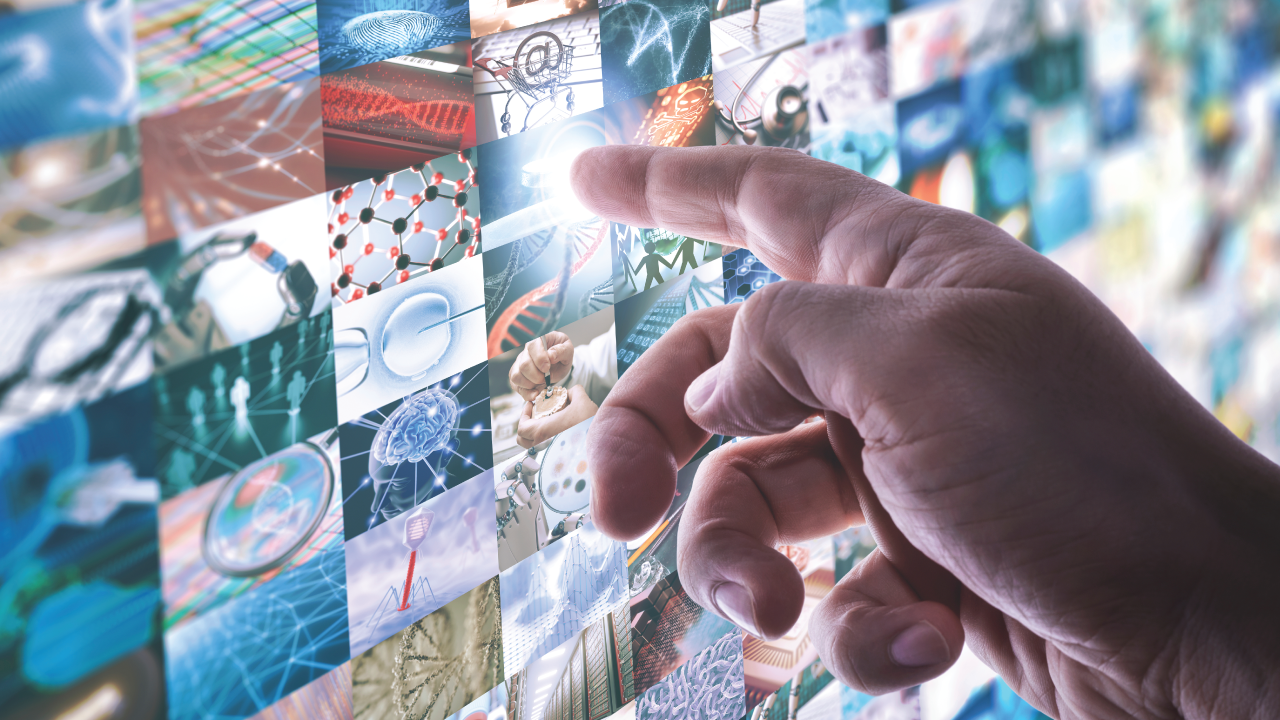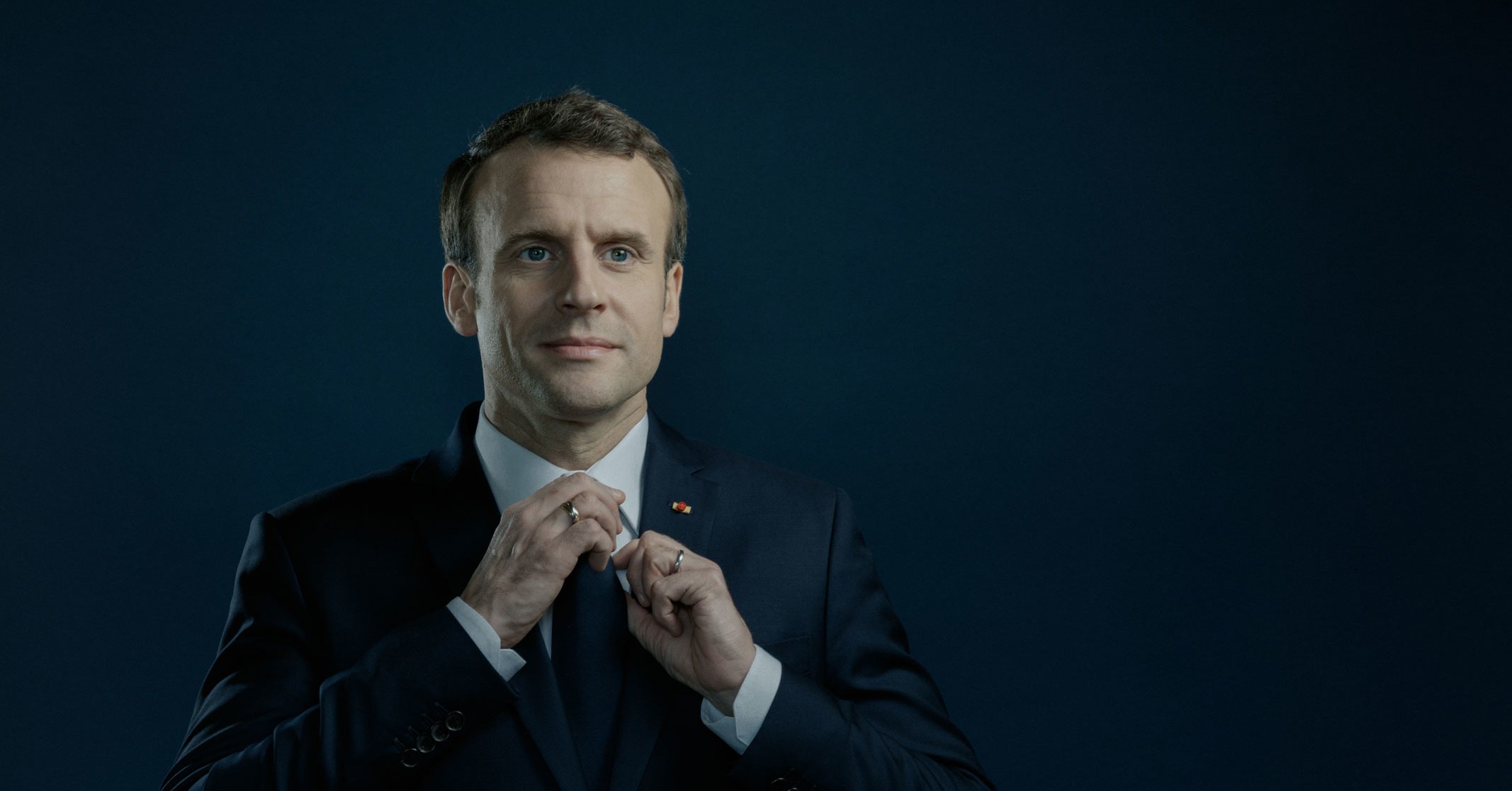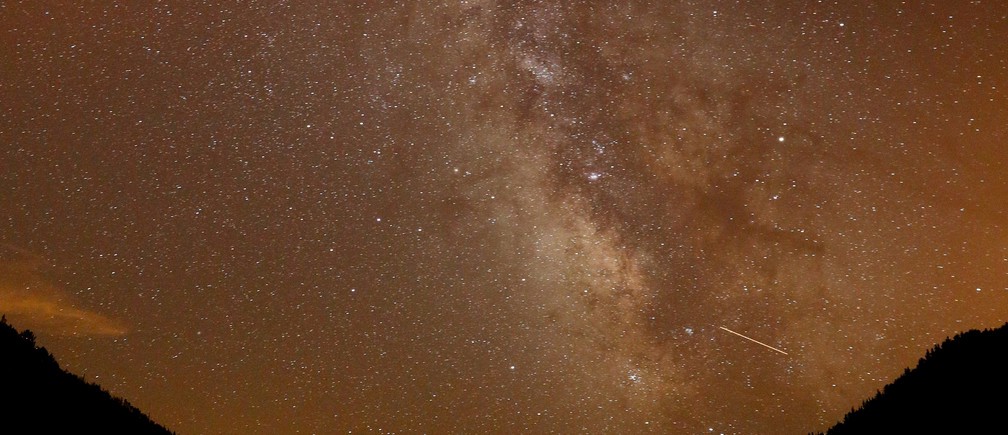Send us a link
What the Heck Happened to John Ioannidis?
John Ioannidis is a highly influential scientist whom we at SBM have lauded on many an occasion. Since the pandemic, though, he's downplayed the dangers of COVID-19. What the happened to him?

Key Findings About Americans' Confidence in Science and Their Views on Scientists' Role in Society
The Blind Spot of Science is the Neglect of Lived Experience - Adam Frank, Marcelo Gleiser & Evan Thompson | Aeon Essays
Call for Action: Horizon Europe Needs a Specific Programme for Funding Science, Society and Citizens' Initiatives
Call for Action: Horizon Europe Needs a Specific Programme for Funding Science, Society and Citizens' Initiatives
There is an urgent need to strengthen funding for the interaction between science and society, but the EU's proposal for Horizon Europe does not foresee a programme dedicated to Science with and for Society.
A Post-Publication Review and Assessment In Science Experiment
It is time to reinvent the ways we assess our research outputs and each other to make them more fair, efficient and effective, says Michael Eisen.
Why Hiring the ‘Best’ People Produces the Least Creative Results
If you want to explore things you haven’t explored, having people who look just like you and think just like you is not the best way. We must see the forest, thinks Scott Page collegiate professor of complex systems, and author of the book book "The Diversity Bonus".
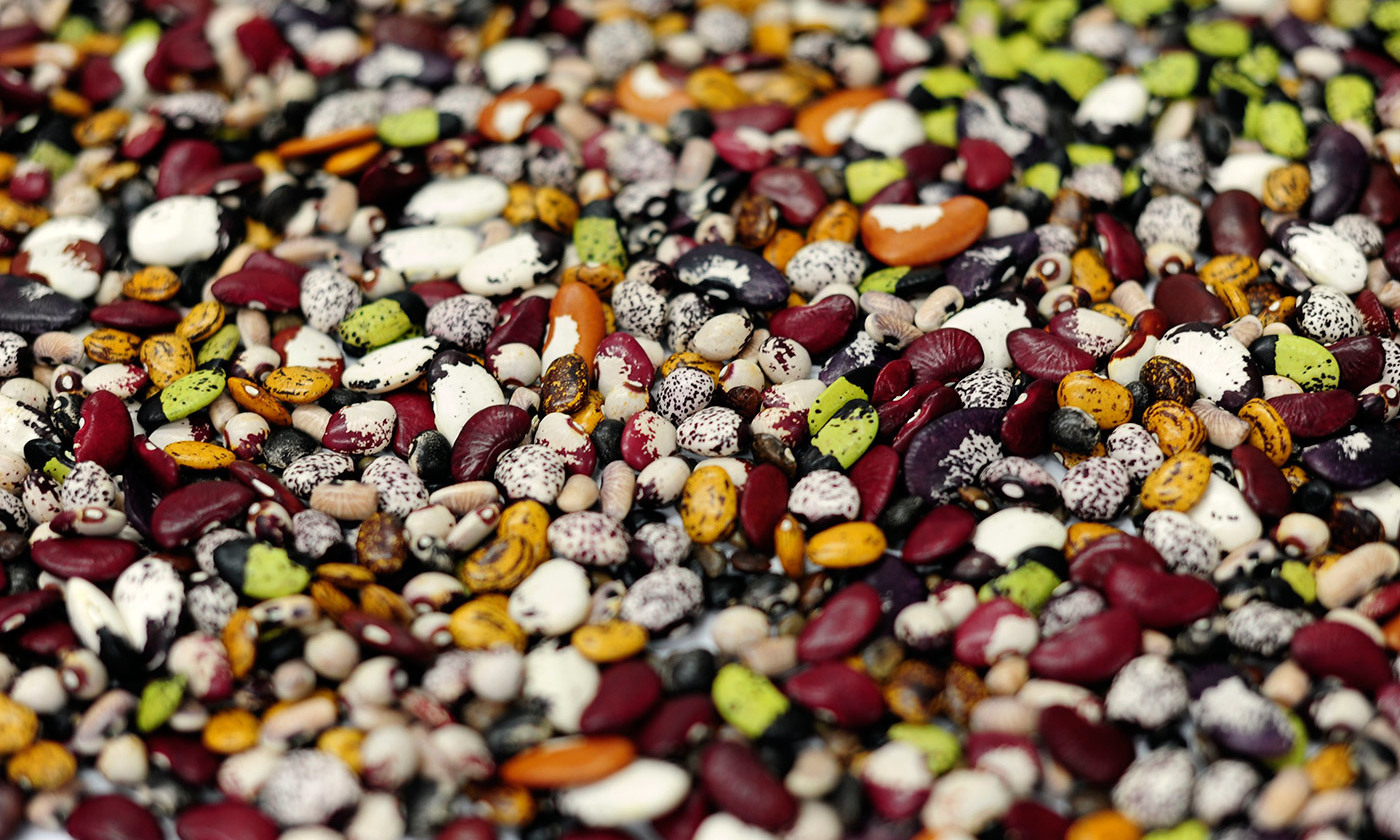
Three Decades of Peer Review Congresses
Conferences on Peer Review have been held every 4 years since 1989 to present research into the quality of publication processes. The 8th International Congress on Peer Review and Scientific Publication was held in Chicago in September 2017.
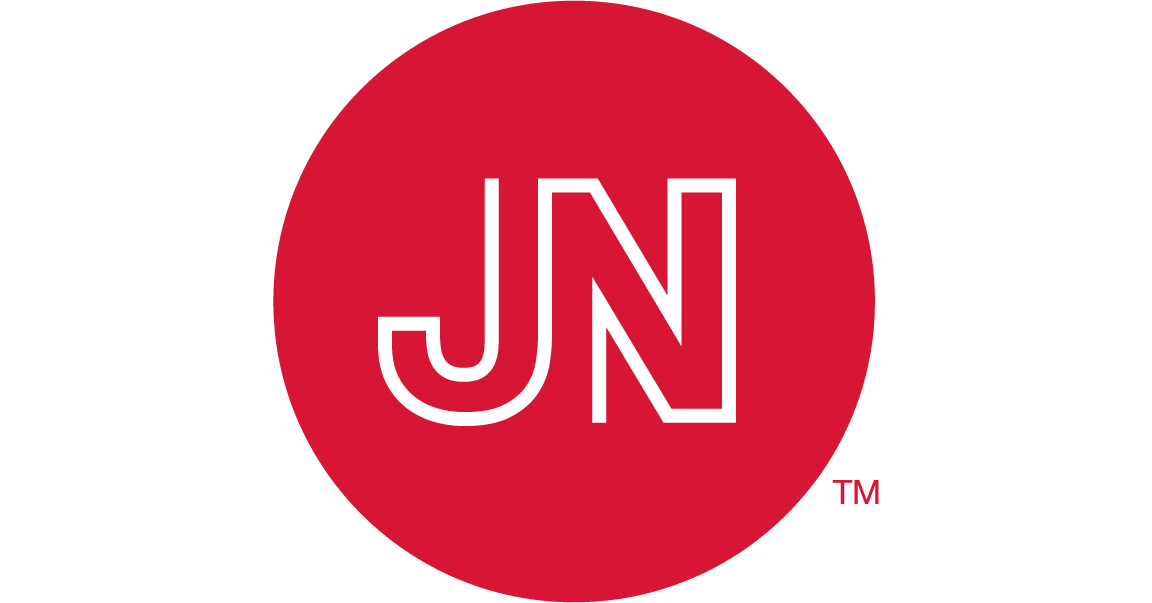
The Case for the Megajournal
In the early days of digital, we were led to believe that the economics of scarcity would be repealed by the removal of supply constraints in the digital world. But that hasn’t happened.
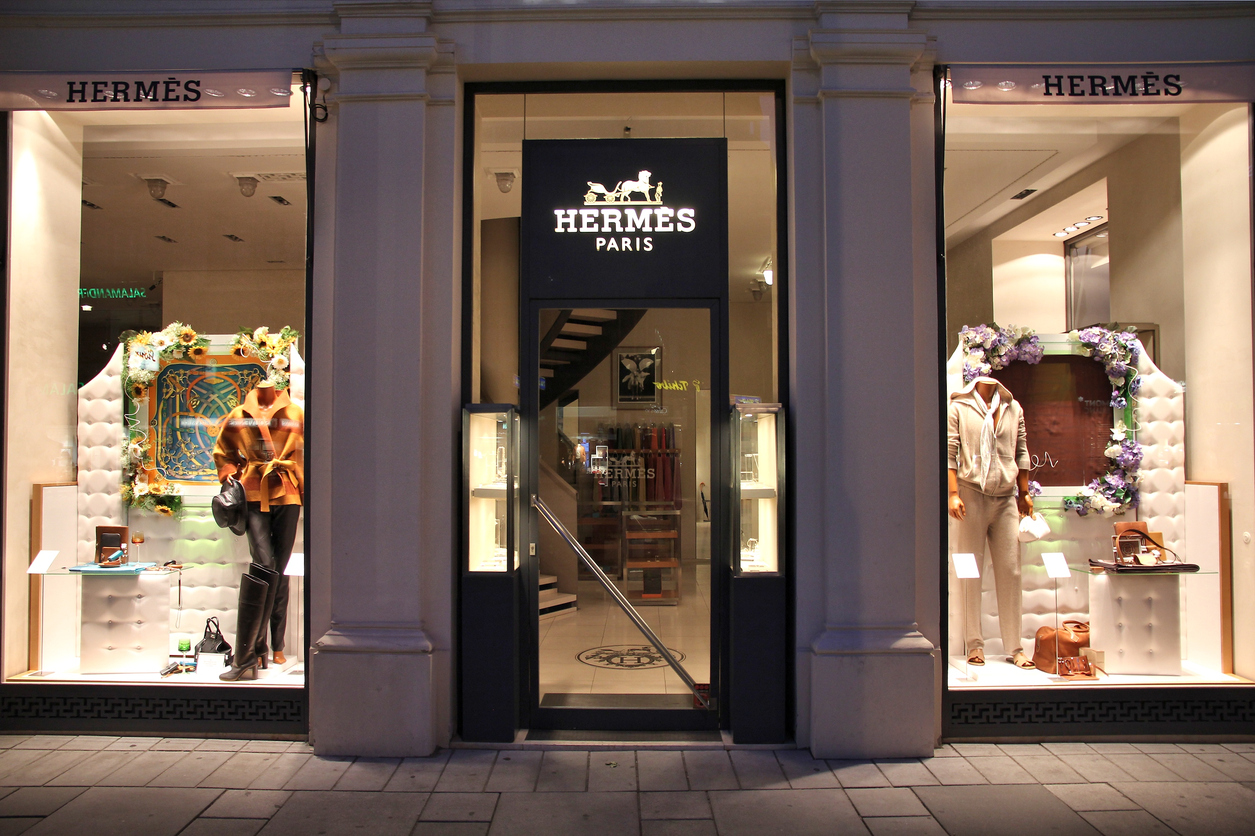
Concerns about Blockchain for Science
I know, I know: I wrote about blockchain for science just last summer — this blog will explain why I now consider implementing blockchain to “improve” science a mistake.
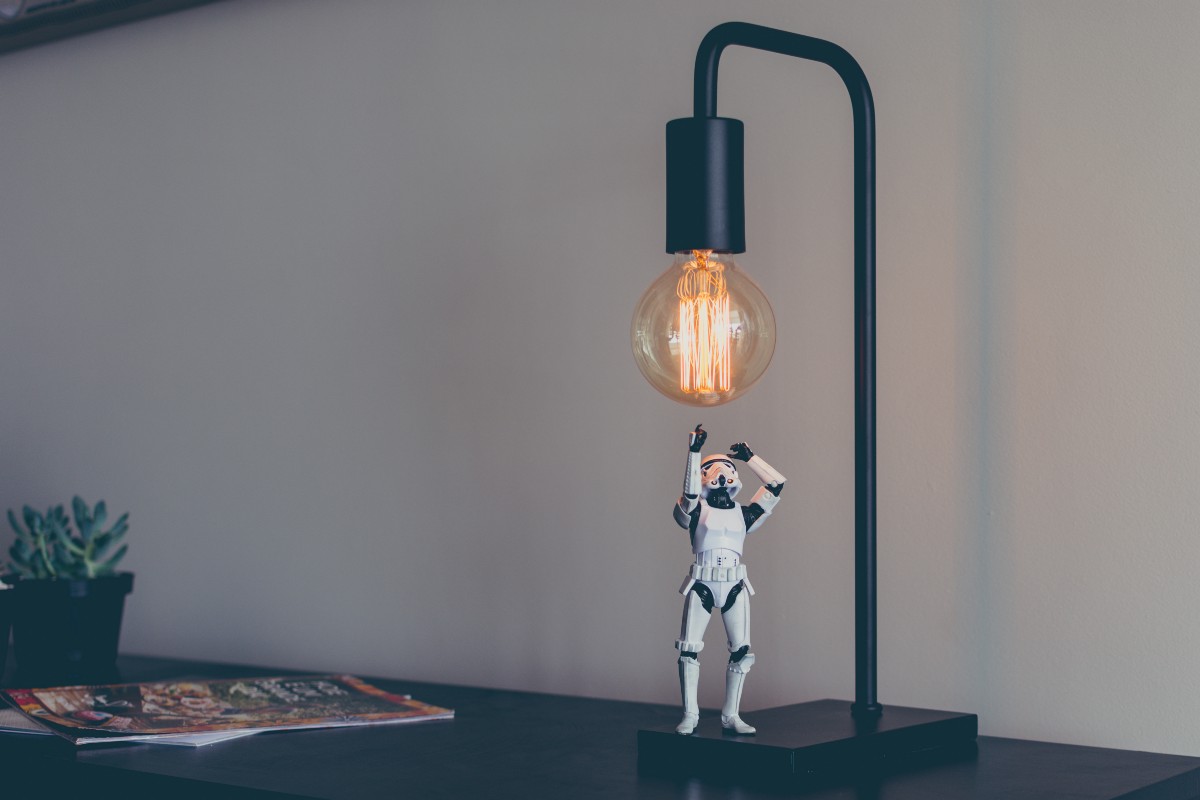
A Big Brother Future for Science Publishing?
The leaders of Elsevier have now decided that the epoch of journals will soon be over, argues the former editor of the BMJ.
Ken Caldeira Explains Why the Tax Overhaul Could Cripple the U.S. As a Leader in Science
An Ineffective and Unworthy Institution
Les Hatton and Gregory Warr give their two-pronged solution to the problems of peer review

Should Scientists Receive Credit for Peer Review?
We might hope for a better future where everyone acts professionally, but we should be realistic about the flaws of our human nature. Opinion piece by Stephen Curry.
Interview with Professor John Ioannidis
Research practices, quality in research and researcher commitment are among the topics covered in this inspiring interview.
How Open-Access Journals Are Transforming Science
Academic publishers are "still acting as if the internet doesn’t exist,” says Michael Eisen, co-founder of the Public Library of Science.

Too Many Academics Study the Same People
Researchers should recognize communities that feel over-researched and under-rewarded.
Join the Disruptors of Health Science
Thomas Insel's biggest lesson from his shift from NIMH director to Silicon Valley entrepreneur: academic and technology company researchers should partner up.
The Fractured Logic of Blinded Peer Review in Journals
The case for “blinding” to make journal peer review fair seems less and less plausible to me for the long run. It even seems antithetical to ultimately reducing the problems it’s a bandaid solution for.

The End of an Error?
What would the world be like without formal peer review?, asks Fields medallists Timothy Gowers.
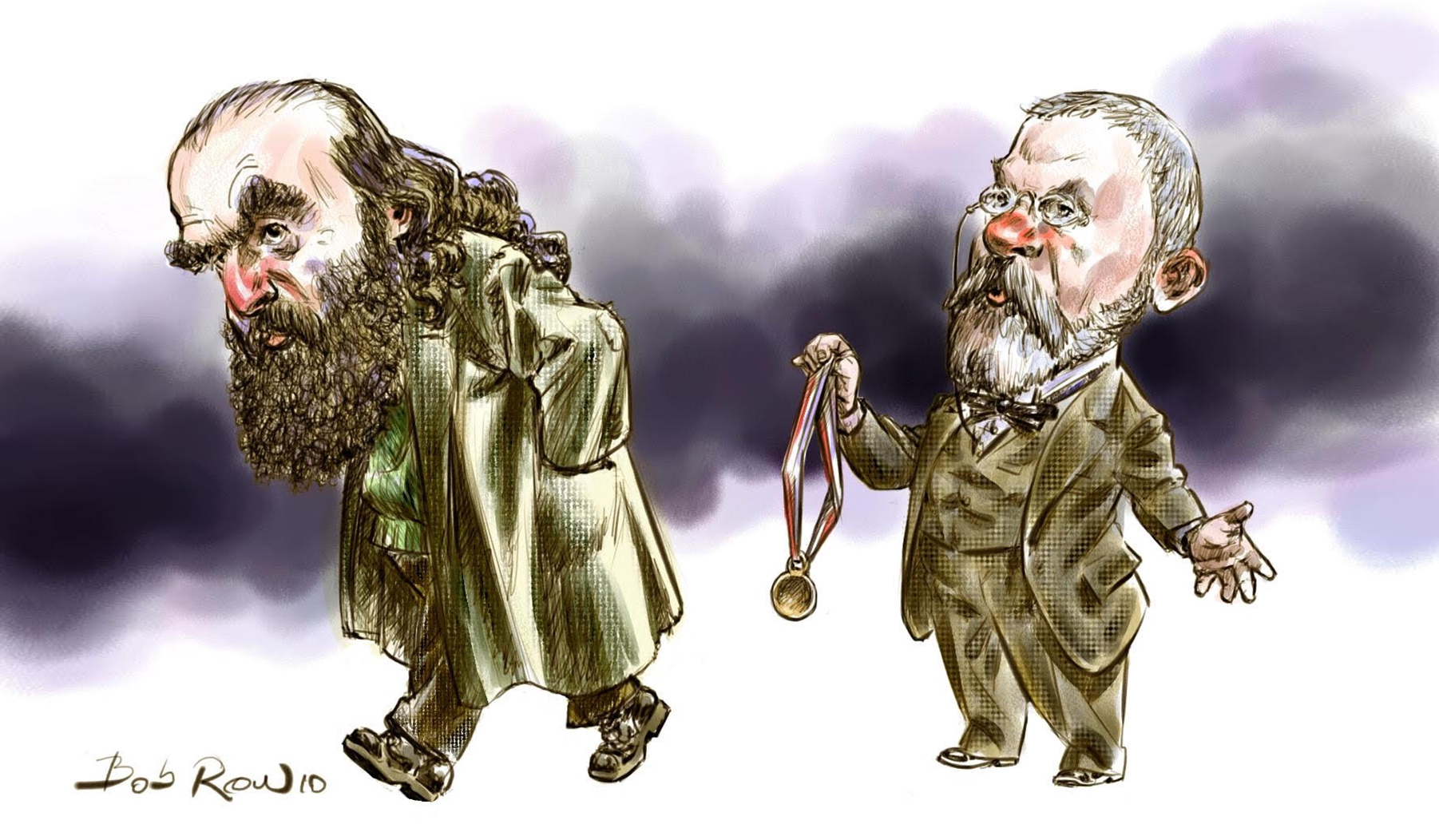
Criticizing a Scientist’s Work Isn’t Bullying. It’s Science.
The New York Times Magazine story on Amy Cuddy brings up extremely important problems in science. But we cannot equate criticism with harassment.
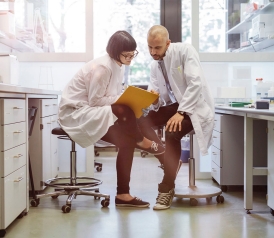
Dearly Departed Languages
Why Greek and Latin medical terminology is better off dead.
